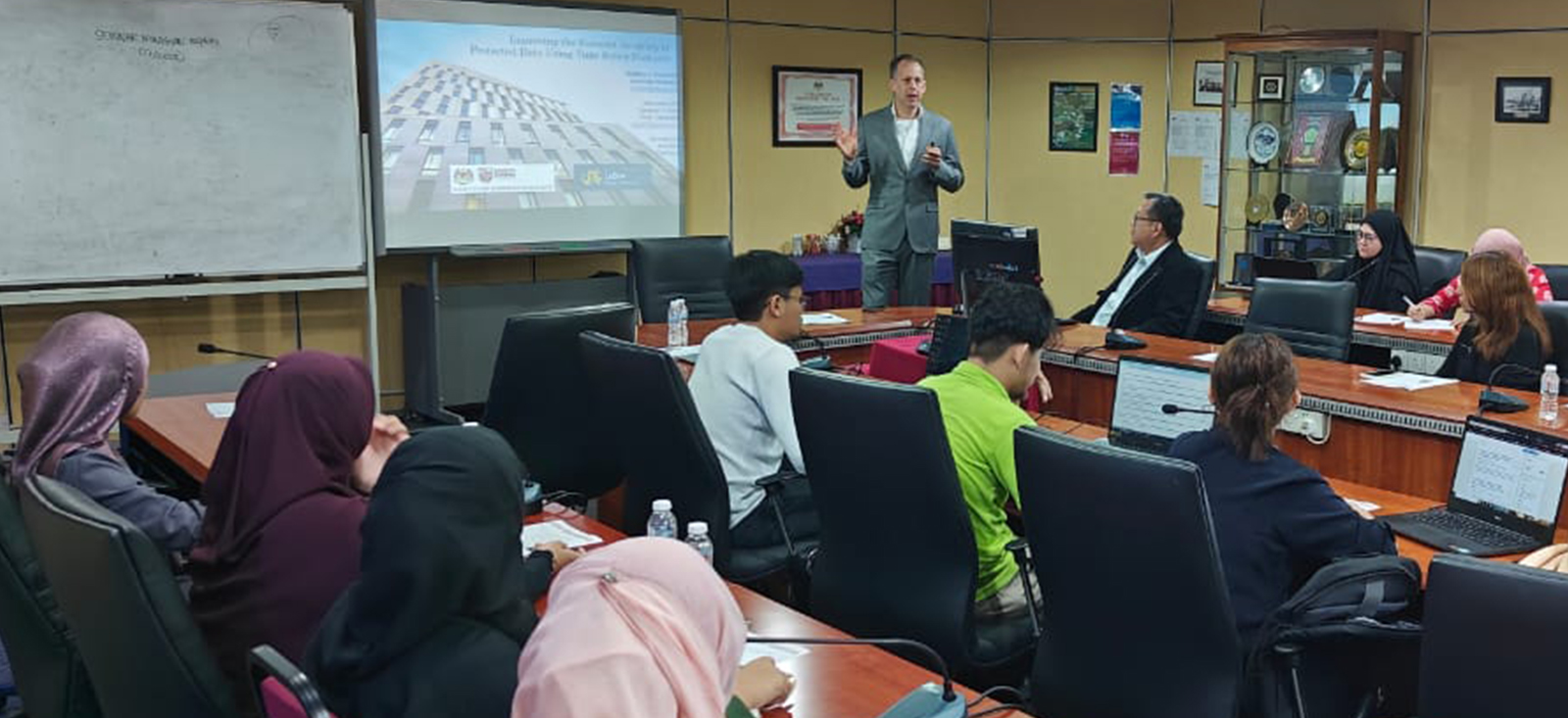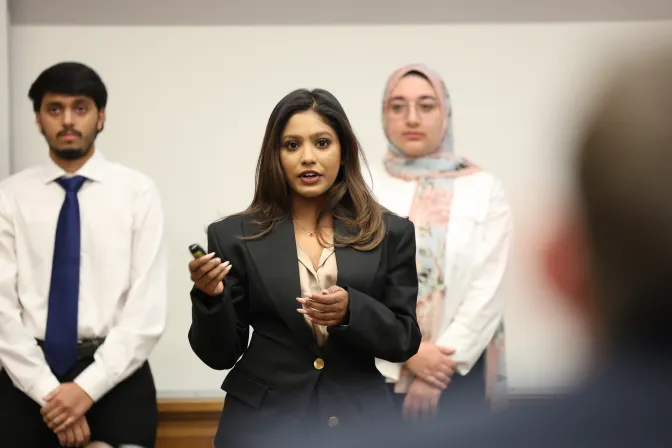
Expanding and Improving Forecasting, Both at LeBow and Globally
Matthew Schneider, PhD, is on a mission to improve business forecasting across multiple industries and to explore where innovations can push the frontier or hit walls.
Over the past year, it’s become an increasingly global mission, as he’s sought to make LeBow into a hub for forecasting research and to increase industry collaborations in the interest of making forecasts add more value.
Schneider, associate professor of business analytics, is serving as conference director for the Foresight Practitioner Conference, hosted by the International Institute of Forecasters (IIF) in March 2025. In this role, he’s focused on companies and organizations looking to add value through forecasting and on bringing advanced statistical and data-science approaches from the academic setting to these companies.
He’s already secured sponsorship from Google for the conference and co-created the inaugural $10,000 prize for the IIF Award for the Impact of Forecasting in Practice, awarded to organizations that demonstrate adding maximum value to their business through use of forecasting.
“We’re really looking to connect academia to industry for actionable value and things that companies can really implement,” he says.
Schneider’s outreach efforts to both companies and researchers builds on his experience as program chair for the International Symposium of Forecasting in 2023. Following that conference, which attracted attendees from 33 countries, Schneider visited some of his new international connections and then embarked on what he calls a “world tour” as he worked his way back home to Philadelphia.
The list of countries Schneider visited is long and compelling — Vietnam, Malaysia, Singapore, Thailand, Sri Lanka, Turkey, the United Kingdom, Poland, France, Italy, Denmark and Iceland. While he planted the seeds for future collaboration at many of these stops, he also saw some more immediate outcomes: advising three doctoral students at the University of Putra in Malaysia in their research on volatility forecasting, and partnering with two co-authors at the University of Bath in the U.K. for an eye-tracking study on time series graphs.
These global and practically-minded pursuits are also reflected in recent additions to LeBow’s Department of Decision Science and MIS, including Oliver Schaer, PhD, assistant professor of business analytics, and Simon Spavound, PhD, assistant clinical professor of decision sciences.
Schaer’s research focuses on application of predictive analytics for business operations and marketing, and he previously worked as a project manager of a global health technology company in Switzerland.
Spavound will be a featured speaker at the Foresight Practitioner Conference, and since joining LeBow at the start of fall term, he’s dived into a high-profile industry collaboration by teaching a capstone course for the MS in Business Analytics program in partnership with data-integrity firm Precisely. He also comes to LeBow from working in industry as head of data science with the U.K.-based firm Peak AI, where he led data science projects for numerous companies across three continents.
“With these recent hires, it’s nice that we have a critical mass in this area with both researchers and practitioners,” Schneider says.
Schneider’s research also has a strong practical focus, seen in a recent paper, “Can We Protect Time Series Data While Maintaining Accurate Forecasts?,” co-authored with LeBow doctoral alumnus Cameron Bale, PhD ‘24, assistant professor of marketing at Brigham Young University’s Marriott School of Business, and Assistant Professor of Decision Sciences Jinwook Lee, PhD.
“There’s a lot of growth and opportunity in forecasting with major companies who have a need for knowledge in this area,” he says, citing Walmart and numerous consumer packaged goods companies.
Professor and Department Head of Decision Sciences and MIS Matthew Reindorp, PhD, sees this growing emphasis on forecasting among LeBow faculty having an impact beyond publications and collaboration.
“Making LeBow more well-known in this area is a stepping stone,” he says. “We want to be able to attract serious researchers — good forecasters, in this case — and ultimately use this area of strength to bring in more strong graduate students and deliver better career outcomes.”
While the MS in Business Analytics program has offered a course in time-series forecasting, and some capstone projects have focused on it, Reindorp says, “the next step is to make forecasting a more prevalent element of the program and use our faculty’s reputation to attract more and better students. Those two things go hand-in-hand.”




